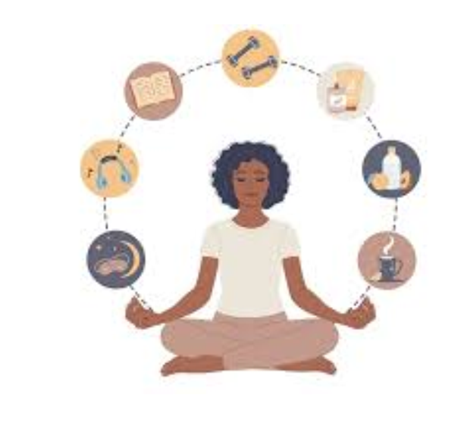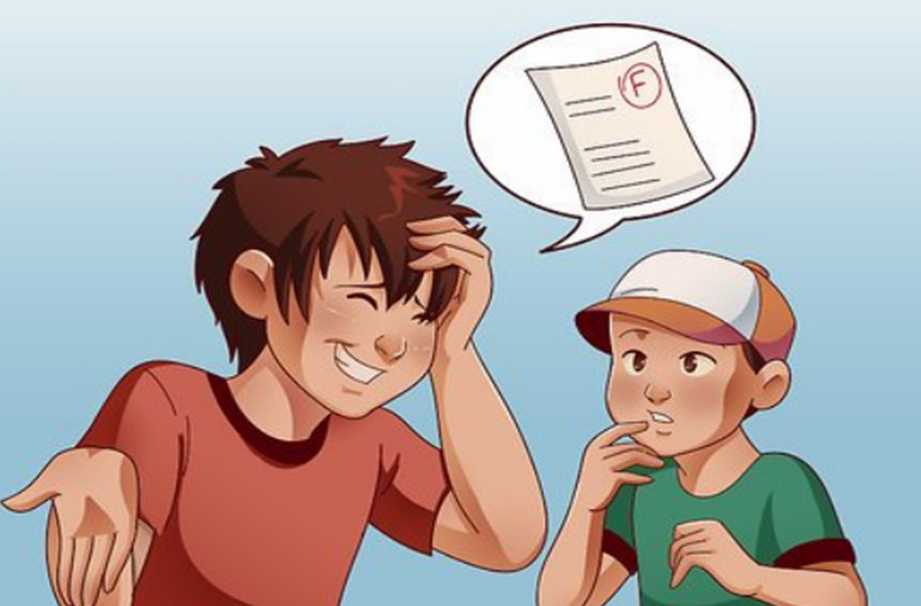Discovering the Psychology of Social Media Validation
- rakheevarma645
- Nov 7, 2024
- 5 min read
Understanding Approval-Seeking Behavior in the Digital Age
In our digital world, social media has woven itself deeply into the fabric of daily life, especially for younger generations. Platforms like Facebook, Instagram, Snapchat, and X (formerly Twitter) offer endless content streams, fostering creativity, connection, and community. Yet, as much as they provide opportunities for expression and networking, these platforms also pose significant mental health challenges, amplifying issues like anxiety, self-esteem struggles, and social comparison.

The Netflix film Kho Gaye Hum Kahan sheds light on this duality, delivering a line that resonates with many social media users: "You feel more connected to people on social media, but in reality, you have never been lonelier than this." This statement captures a reality of our time: while social media creates the illusion of a close-knit digital community, it often leads to superficial relationships and the relentless pursuit of external validation.
The impact of social media validation on mental health is a complex and layered issue. While positive feedback—likes, comments, and supportive messages—can provide a sense of connection and acceptance, there is a darker side to the endless pursuit of digital validation. Before delving into these downsides, it's essential to acknowledge the benefits of social media and understand why people are drawn to it in the first place.
Positive Aspects of Social Media
Building Connections: Social media has revolutionized the way we communicate, allowing us to maintain relationships across distances, reconnect with old friends, and find communities that share our interests. For people who may struggle with in-person interactions, social media can be a valuable tool to forge connections and create a sense of belonging.
Emotional Support: For many users, social media provides a network of emotional support during difficult times. Online communities and support groups offer advice, encouragement, and empathy, which can positively impact mental health by reducing feelings of isolation and building a sense of shared experience
Platform for Self-Expression: social media offers an avenue for creativity and self-expression, allowing users to share their thoughts, passions, and experiences. This can be empowering, particularly for individuals who may not have other outlets to express themselves and can enhance self-identity and self-worth.
Despite these benefits, social media also has a significant downside that affects mental well-being. The pressure to seek validation and approval online can lead to a range of negative psychological effects.
The Dark Side of Social Media Validation

Anxiety from Digital Media Pressure: social media often presents a curated, idealized version of life, filled with filtered and carefully crafted images. This pressure to live up to such high standards can fuel anxiety, as people feel compelled to meet these unrealistic expectations. The constant exposure to others' seemingly perfect lives can heighten feelings of inadequacy and self-doubt, especially regarding body image and self-worth.
Fear of Missing Out (FOMO): FOMO is one of the most pervasive issues associated with social media. When friends or acquaintances post about events, vacations, or gatherings, it can create a sense of exclusion for those not involved, leading to feelings of inadequacy, loneliness, and self-criticism. It’s crucial to remember that social media only showcases selective highlights, not the full reality of anyone’s life, but this is often hard to internalize when bombarded with curated snapshots.
Comparison and Envy: Social media platforms often showcase an idealized version of life, with people highlighting their achievements, possessions, and relationships. This constant exposure to others' "highlight reels" can lead to unhealthy comparisons, envy, and dissatisfaction. Seeing others' accomplishments may cause individuals to question their worth and feel that their lives fall short by comparison, damaging self-esteem and fostering resentment.
Cyberbullying and Online Abuse: While social media fosters connection, it can also be a breeding ground for online abuse and bullying. The relative anonymity of the internet often emboldens people to make hurtful comments or engage in harassment. For those on the receiving end, cyberbullying can cause severe emotional distress, leading to anxiety, depression, and in extreme cases, suicidal thoughts. Reporting and blocking instances of abuse is essential, and reaching out to support systems can help mitigate the impact.
Self-Esteem Tied to External Validation: Social media can turn metrics like likes, comments, and shares into a form of social currency. When people base their self-worth on online approval, they may start to equate their value with the number of likes or comments they receive. This can lead to a cycle of seeking validation and feeling anxious or inadequate when that validation is not forthcoming.
Positive Reinforcement of Validation-Seeking Behavior: Receiving likes and comments on posts can create a dopamine-driven "reward" response, encouraging people to seek further validation. This positive reinforcement strengthens the need for approval, often leading users to seek out more validation through increased social media activity, which can quickly become addictive.
Dependency on Social Media: When self-esteem becomes strongly tied to online approval, individuals may become dependent on social media for validation. This can lead to an over-reliance on social media as a source of self-worth, which may, in turn, impact real-life relationships and activities.
Strategies to Mitigate the Negative Impact of Social Media on Mental Health
While social media can negatively impact mental health, there are effective strategies for reducing these effects. Here are four ways to use social media more mindfully and protect your well-being:
Set Time Limits: A study conducted by the University of Pennsylvania in 2018 found that reducing social media usage to 30 minutes per day significantly decreased feelings of anxiety, depression, loneliness, and FOMO. Using built-in screen time features or app timers can help users monitor and manage their time on social media, creating healthier boundaries.
Practice Mindfulness: Being mindful of one’s feelings while using social media can be powerful. Instead of scrolling passively, ask yourself, “How am I feeling right now?” or “How does this app make me feel?” Noticing how specific posts or interactions impact your emotions can help you recognize patterns and make more intentional choices. This self-awareness can reduce the power of negative emotions like envy or loneliness and help you approach social media with a balanced mindset.
Engage in Offline Activities: Taking regular breaks from social media to engage in offline activities can help create a healthier balance. Exercise, spending time outdoors, meeting friends in person, or enjoying hobbies like reading or art can serve as productive distractions and reduce the need for social media validation. Being mindful during these offline moments can also be rewarding and help build self-esteem outside of digital feedback.
Practice Gratitude: Focusing on gratitude can counterbalance the dissatisfaction that social media may foster. Acknowledging what’s meaningful in your life can shift your perspective from envy to contentment. Whether through journaling or practising mindfulness, a regular gratitude practice can foster positive emotions and remind you that real happiness often comes from within.

Social media has transformed the way we connect, express ourselves, and engage with the world, offering numerous benefits but also posing risks to mental health. Understanding the psychological effects of social media validation—both positive and negative—can help users navigate these platforms more mindfully. By setting limits, practising mindfulness, engaging in real-life activities, and cultivating gratitude, individuals can mitigate the downsides of social media while still enjoying its benefits. Balancing online and offline life is key to building a sense of self-worth that isn’t solely dependent on digital validation.




Comments